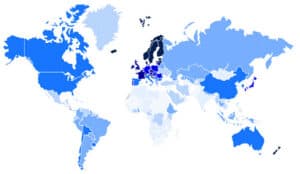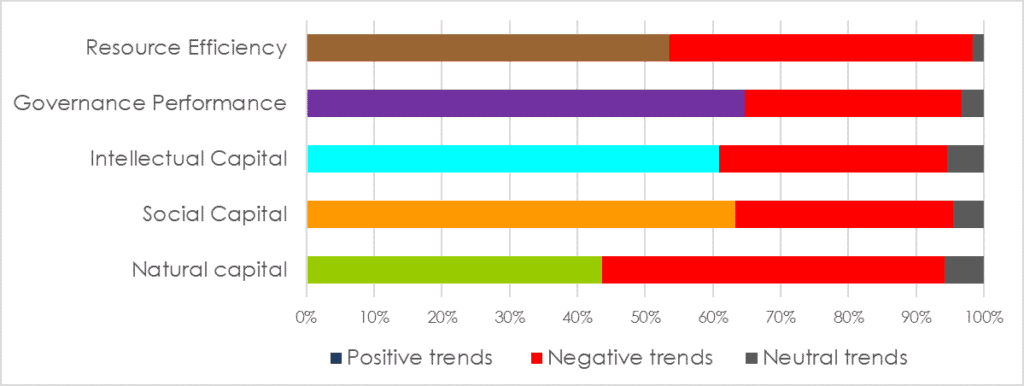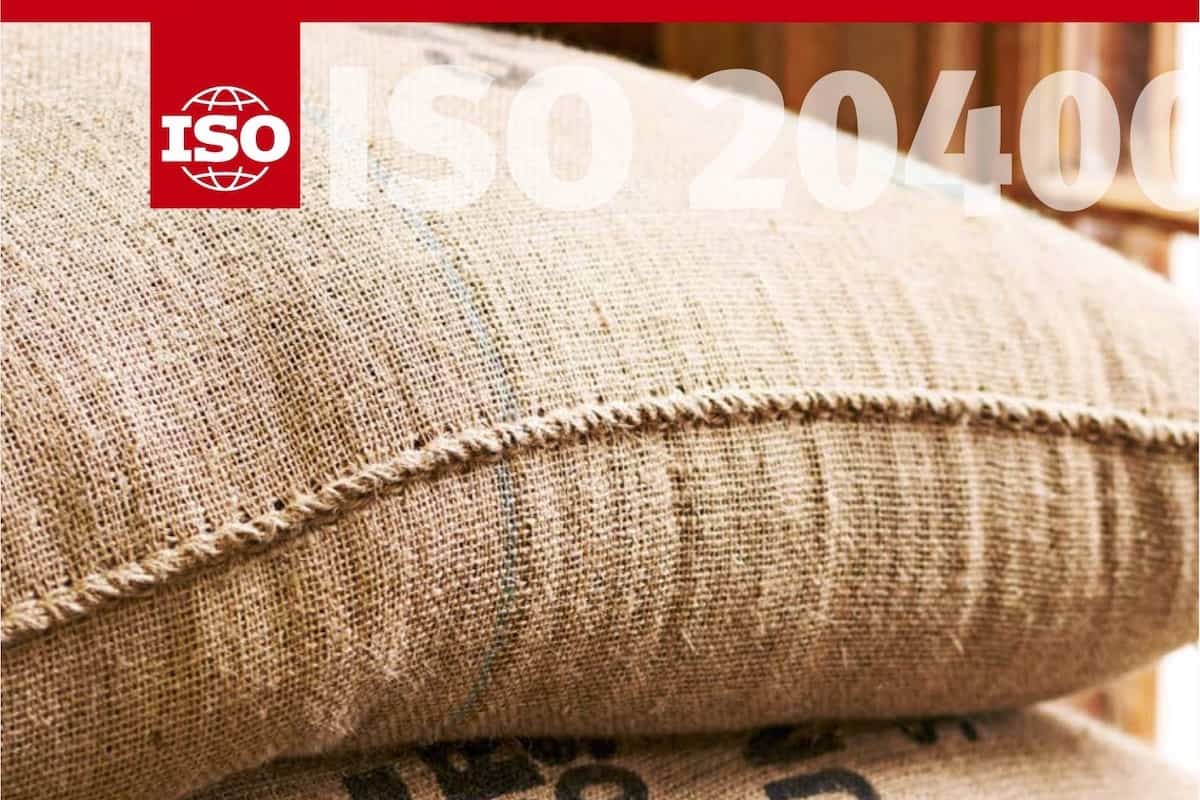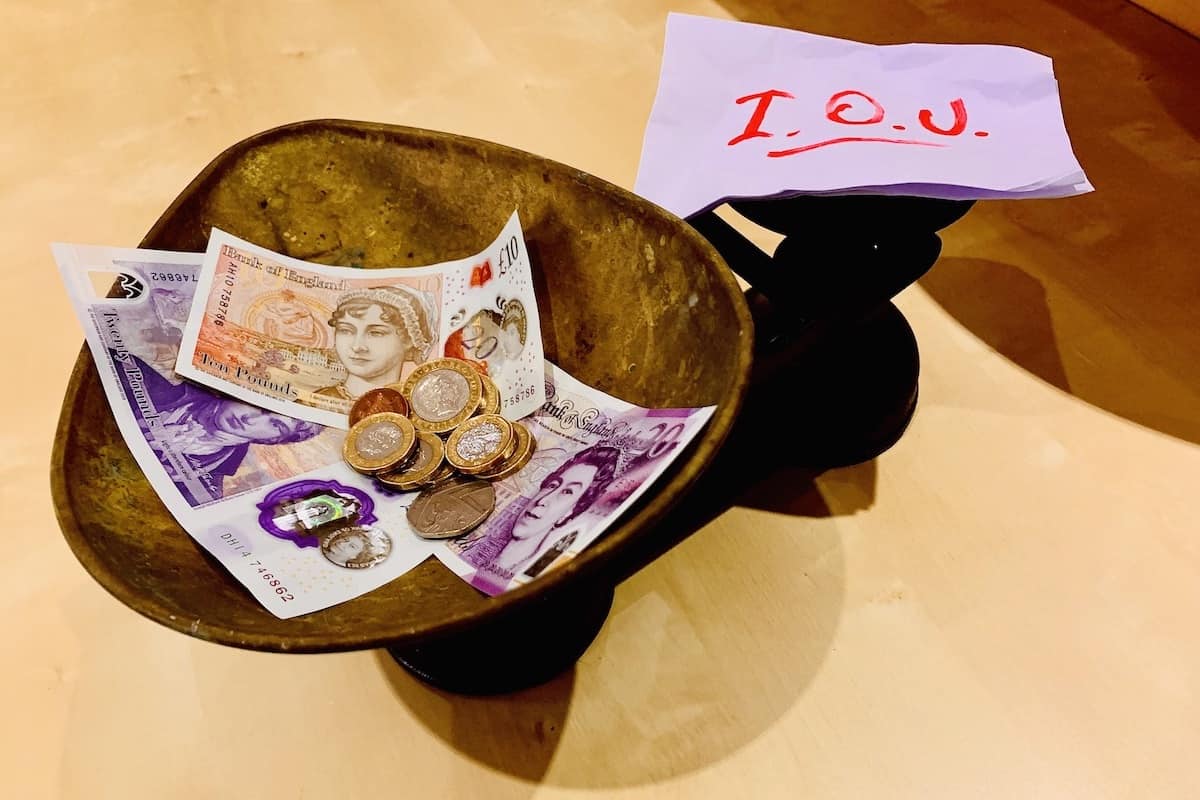
How sustainable is the competitiveness of your country? Country success is commonly expressed as GDP. However, figures for GDP fail to reflect the underlying elements that influence development. The Global Sustainable Competitiveness Index (GSCI) is based on 127 indicators across the dimensions that shape a country: Natural Capital, Resource Efficiency, Social Capital, Intellectual Capital, and Governance Performance.
The results for 2020 are now out. In first place, topping the GSCI for a fifth successive year, is Sweden, followed by Iceland, Denmark, Finland, and Switzerland. The Index this year is effectively dominated by Scandinavia and other Northern-European nations, including the Baltic states.
Of the world’s largest economies, the UK is ranked 15, Germany 22, Japan 28, the US 32, and China 39. The US scores particularly poorly on social issues and resource intensity — indicating a danger of decline but also cost reduction opportunities. Brazil is ranked 54, Russia 48, and India 127.
The only non-European contenders in the top 20 is New Zealand (11), followed by Japan (28), Uruguay (30), and South Korea (35). The highest ranked African country is Ghana (60). South Africa is ranked 157, while Nigeria, Africa’s most populated nation, is ranked 149.
Breaking the scores down into specific dimensions, regional strengths become apparent: North-East Asia (South Korea, Japan, China) again leads the Intellectual Capital sub-index; while Scandinavia tops the Social Capital sub-index.
Global trends: Positives and Negatives
The GSCI is based on the latest available data series, but also on data trends to evaluate whether a specific country is going in the wrong or the right direction, as well as to better reflect the future outlook. The accumulated trends for all countries offer a glimpse into where the world is headed.

Taken together, 58% of accumulated trends across all countries in the latest Index are positive, while 38% are going in the wrong direction. In Resource Efficiency, 44% of trends are negative, while in Natura Capital more than half (51%) are going the wrong way — underscoring the need not just for for better resource efficiency, but also improved environmental management and conservation of the natural environment at a global level.
Sovereign bond ratings: Lack of ESG integration
Sovereign bond ratings carry real significance, as they determine the credit-worthiness of a nation and the interest rate they have to pay on their debt. Conventional credit ratings are based on economic and fiscal numbers, plus a valuation of political developments.
According to the authors of the GSCI report, however, they do not take into account the fundamentals behind the economic numbers, or the social and environmental developments that shape the future. In fact, comparison of the current ratings (average of Moody’s, S&P, and Fitch) and GSCI ratings, is said to show substantial differences.
Generally speaking, the report suggests that credit ratings of richer countries are too high, whilst those of poorer countries are too low. The case of nations rich in oil and gas is offered as evidence that investor risks are not reflected in the credit ratings. As a result, the report concludes that it is high time sovereign bond ratings incorporated environmental, social, and governance (ESG) factors, thereby serving both to benefit debtors and reduce investor risk.
SolAbility is a Swiss-Korean think-tank, boasting a strong track record in sustainable management implementation consulting and ESG research. The Global Sustainable Competitiveness Index is a non-commercial project.
Further Reading:
- Highlights, takeaways and full ranking for Global Sustainable Competitiveness Index 2020;
- Range of 2020 downloads, including both the Global Index and individual country reports;
- More about SolAbility;
- Also on SustMeme, Green recovery: ‘Sustainable Investment’ in The Times;
- Also on SustMeme, The problem with ESG: ‘Responsible Investment’ in The Sunday Times.
>>> Do you have sustainability news to broadcast and share? If you would like to see it featured here on SustMeme, please use these Contact details to get in touch and send us your Press Release for editorial consideration. Thanks.






